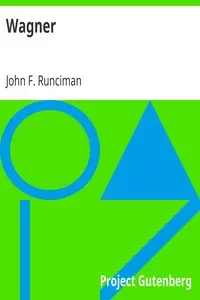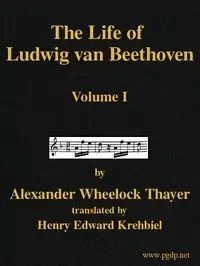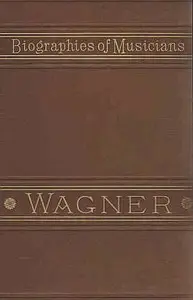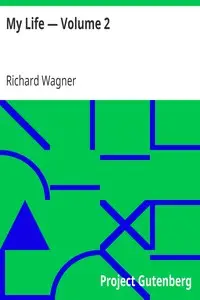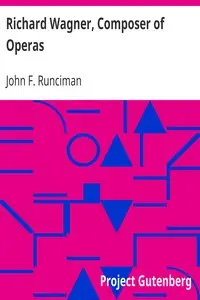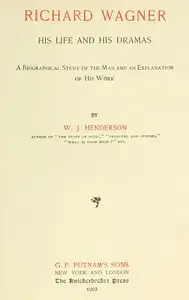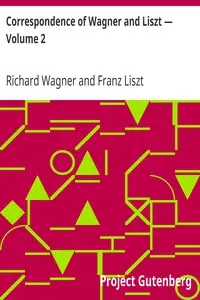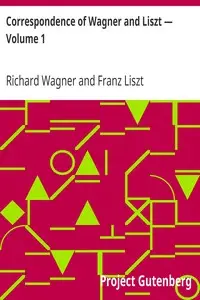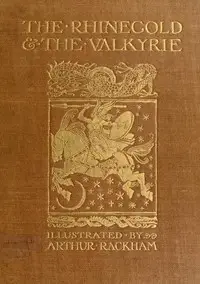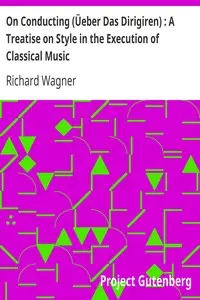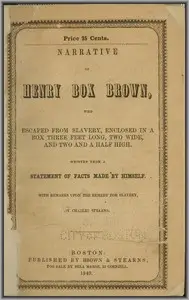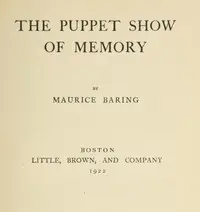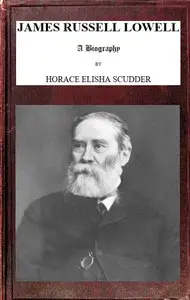"My Life — Volume 1" by Richard Wagner is an autobiography that covers the early life of the famous composer up to about 1842. The book starts with Wagner's birth and the death of his father soon after, leading to a challenging start for his family. It tells about his stepfather's impact on his upbringing and schooling, along with the rich cultural surroundings that exposed him to theater and music. Wagner shares childhood memories, educational challenges, and the growth of his musical abilities, setting the scene for his future as a composer. The story captures the feelings and dreams of a young artist on the verge of finding his purpose, with key moments, connections, and emotions hinting at the extraordinary life ahead.
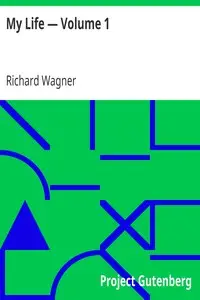
My Life — Volume 1
By Richard Wagner
From a difficult childhood marked by loss and academic struggles, a young artist's passion for music blossoms, foreshadowing a remarkable destiny.
Summary
About the AuthorWilhelm Richard Wagner was a German composer, theatre director, polemicist, and conductor who is chiefly known for his operas. Unlike most opera composers, Wagner wrote both the libretto and the music for each of his stage works. Initially establishing his reputation as a composer of works in the romantic vein of Carl Maria von Weber and Giacomo Meyerbeer, Wagner revolutionised opera through his concept of the Gesamtkunstwerk, by which he sought to synthesise the poetic, visual, musical and dramatic arts, with music subsidiary to drama. He described this vision in a series of essays published between 1849 and 1852. Wagner realised these ideas most fully in the first half of the four-opera cycle Der Ring des Nibelungen.
Wilhelm Richard Wagner was a German composer, theatre director, polemicist, and conductor who is chiefly known for his operas. Unlike most opera composers, Wagner wrote both the libretto and the music for each of his stage works. Initially establishing his reputation as a composer of works in the romantic vein of Carl Maria von Weber and Giacomo Meyerbeer, Wagner revolutionised opera through his concept of the Gesamtkunstwerk, by which he sought to synthesise the poetic, visual, musical and dramatic arts, with music subsidiary to drama. He described this vision in a series of essays published between 1849 and 1852. Wagner realised these ideas most fully in the first half of the four-opera cycle Der Ring des Nibelungen.

